Home
Boris Johnson, the Prime Minister, wrote to Donald Tusk, the President of the European Council, saying: ‘The backstop cannot form part of an agreed withdrawal agreement. That is a fact that we must both acknowledge.’ Mr Tusk said that those who opposed the Irish backstop ‘in fact support re-establishing a border. Even if they do not admit it’. Mr Johnson, after an hour of failing to agree with Leo Varadkar, the Taoiseach, on the telephone, prepared for talks with Chancellor Angela Merkel of Germany and President Emmanuel Macron of France. An atmosphere of plotting hung over prospects of an election on a date close to 31 October, when the United Kingdom is due to leave the European Union. Jeremy Corbyn, the Labour leader, said that his party would do ‘everything we can’ to prevent Brexit without a withdrawal agreement. He envisaged the Conservative government being defeated in a vote of no confidence and himself heading an administration. Kenneth Clarke, the Father of the House, who was suggested as a willing potential leader of an emergency government (Labour MP Harriet Harman, the Mother of the House, was also suggested) said that Mr Corbyn was ‘quite unsuitable to lead a government of national unity’.
No. 10 sources blamed a hostile former minister for leaking a document outlining preparations under Operation Yellowhammer for dealing with a no-deal Brexit on 31 October: some veg would be in short supply, and ‘the poor’ would be ‘disproportionately affected by rises in the price of food and fuel’. Asked by the Times if he favoured transferring stamp duty to sellers, Sajid Javid, the Chancellor of the Exchequer, said: ‘I’m looking at various options. I’m a low-tax guy. I want to see simpler taxes.’ Two days later, after most people had said what a terrible idea it was, he said: ‘I wouldn’t support that.’
Andrew Harper, a police constable aged 28, who had been married for four weeks, died after going to investigate a burglary when he was dragged along the road by a vehicle. Police arrested ten men and boys at a municipal travellers’ site and charged a 20-year-old man with murder. A company lawyer was stabbed to death with a screwdriver in Newcastle; a 17-year-old boy was charged with his murder. Moments after the three 375ft cooling towers of Didcot A power station were demolished, an incandescent ball was seen above a nearby electricity pole and power was cut off for 49,000 customers. A report by the National Grid into a power cut that affected nearly a million people on 9 August blamed the wrong kind of lightning.
Abroad
Giuseppe Conte said he was resigning as Prime Minister of Italy after denouncing his coalition partner Matteo Salvini for creating a new political crisis out of ‘personal and party interests’. Italy ordered the seizure of a Spanish rescue ship and the evacuation of more than 100 migrants on board to the island of Lampedusa off which the vessel had been anchored for 18 days. The Bundesbank said the likelihood of Germany entering a recession was increasing. Jean-Claude Juncker, the outgoing President of the European Commission, had emergency surgery to remove his gallbladder and missed the G7 summit in Biarritz.
Gibraltar released an Iranian tanker, the Grace 1, full of £115 million of oil after Iran gave a written commitment that it would not sail to Syria; Gibraltar rejected a warrant from a federal court in Washington for the seizure of the tanker. Peter Fonda, best known for directing and starring in Easy Rider (1969), died aged 79. The Fusarium fungus, which causes Panama disease in the popular Cavendish strain of banana plants, was detected in Colombia, the first outbreak in Latin America.
Crowds estimated at 1.7 million took part in an unauthorised march through Hong Kong in continuing protests against Chinese interference. A suicide bomb at a wedding in Kabul killed 63 people. Jihadists killed 24 soldiers at an army base in Burkina Faso. Jihadist forces withdrew from Khan Sheikhoun, a town in the last rebel-held Syrian province of Idlib. Turkey told unregistered migrants to leave Istanbul. British citizenship was taken away from Jack Letts, who had gone to Syria aged 18 in 2014 and joined Isis; Canada, of which Mr Letts remains a citizen, said it was ‘disappointed’ at Britain’s action. President Donald Trump of the United States said he was interested in buying Greenland; he cancelled a state visit to Denmark when it dismissed the idea. CSH
Got something to add? Join the discussion and comment below.
Get 10 issues for just $10
Subscribe to The Spectator Australia today for the next 10 magazine issues, plus full online access, for just $10.
You might disagree with half of it, but you’ll enjoy reading all of it. Try your first month for free, then just $2 a week for the remainder of your first year.

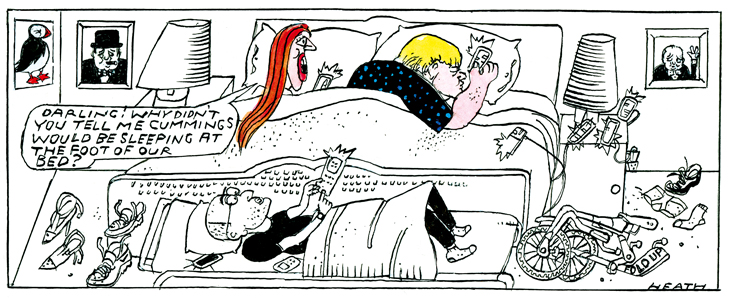
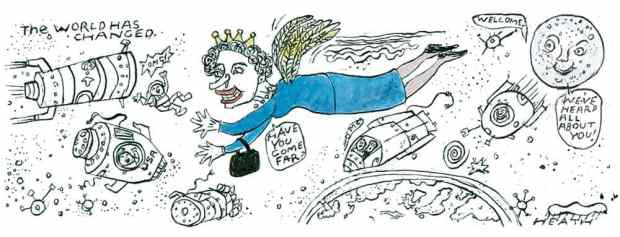

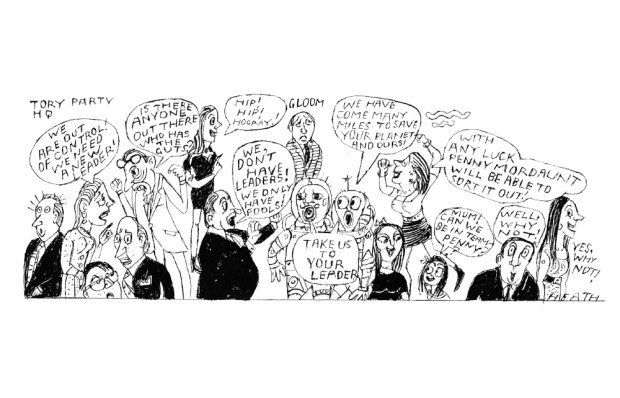

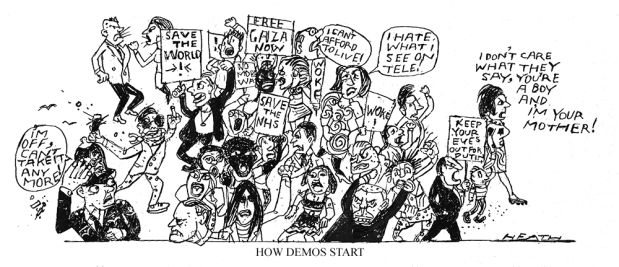
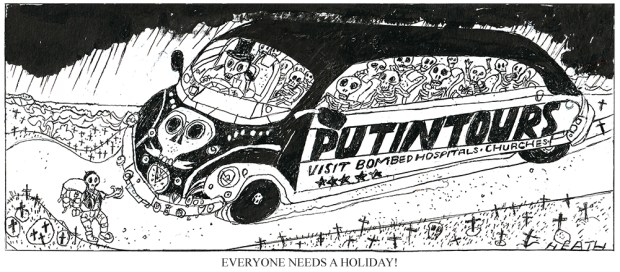






Comments
Don't miss out
Join the conversation with other Spectator Australia readers. Subscribe to leave a comment.
SUBSCRIBEAlready a subscriber? Log in